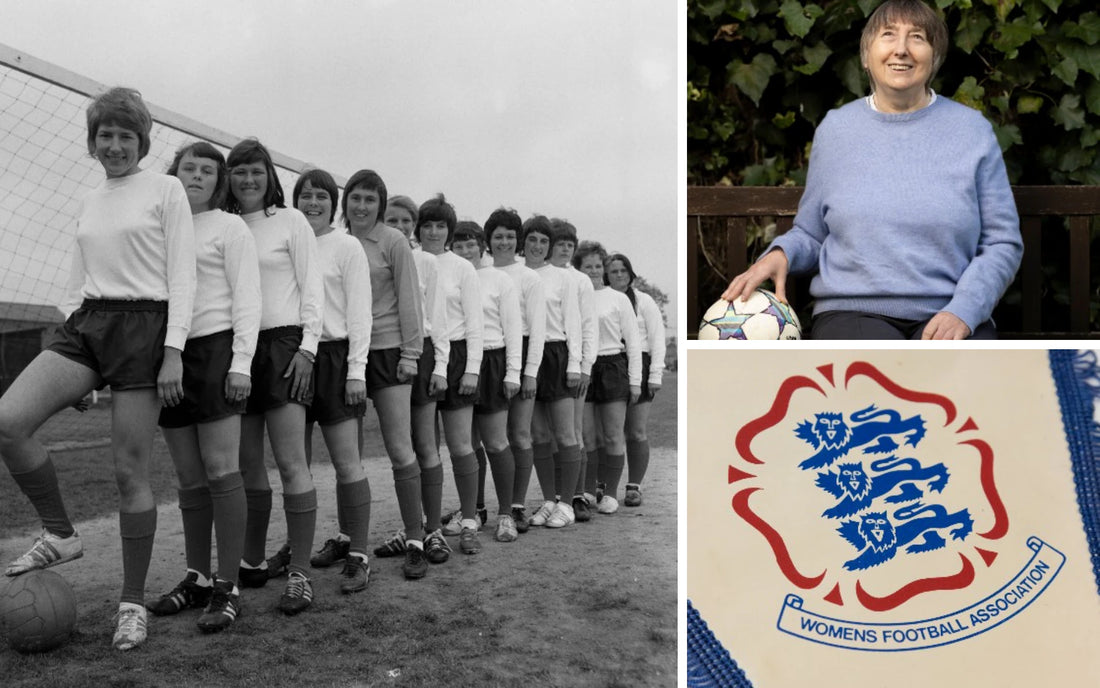As early as the late 19th century, women's football matches became officially recognized events and gained attention and rapid development worldwide. However, women's football did not continue to grow as the feminist revolution tide did. Instead, it was officially banned after 1921 and was not allowed to be played for the next 50 years. What happened during this time? Why were women not allowed to participate in football? Let's uncover the stories and mysteries behind the 50-year-long women's football ban.
Stories Behind the Women’s Football Ban
1. The Rise In Thousand Years
Dating back two thousand years China, women were involved in a sport called "cuju." This cuju ball stuffed with animal hair and stitched with leather, with each team consisting of 12-16 players. The rules were similar to modern football: score by getting the ball into the opponent's goal without using hands. During that time, women's football teams played a significant role in the football leagues "Qiyunshe".
At that time, women who played "cuju" football were considered brave, beautiful, and glorious.


2. Modern Women’s Football
In the following two decades, various women's football teams and matches sprung up across the British Isles, like mushrooms after rain. This marked the beginning of the modern era of women's football.


3.Turbulent Changes
“The Goodison match acted as a wake-up call. The FA then started stepping in to make it more difficult for clubs to let the grounds to women’s teams. Teams and clubs had to supply statements of accounts after every game and they couldn’t play without permission from the FA. They were putting obstacles in the way throughout 1921. Then came 5 December, when they dealt the fatal blow and banned them from playing.” --- Gail Newsham, the author of a book on the Dick, Kerr Ladies.

Team Dick, Kerr Ladies before the ban in 1921 ©️Getty
4. Struggle Amidst the Ban
After the FA announced the ban, Germany, France, and Brazil also declared bans on women's football in the following decades. However, while the bans prevented official matches from taking place, they could not deter women worldwide from pursuing their passion for the sport and fighting for their rights. During the decades of prohibition, women's teams in Britain continued to exert all their efforts to gain opportunities to play. In defiance of the Football Association, the English Ladies Football Association was established, and they even organized matches on rugby pitches.
5. Belated Fairness
After 50 years of fight, we finally saw the return of rights. In 1966, with the hosting of the World Cup, numerous British young women of the new era were once again inspired by this sport. In 1969, The English Women's FA was established. In the following year, UEFA called for the reestablishment of women's football matches, leading to the organization of the 1970 Women's World Cup by the Federation of Independent European Female Football, which served as the precursor to the current Women's World Cup.










